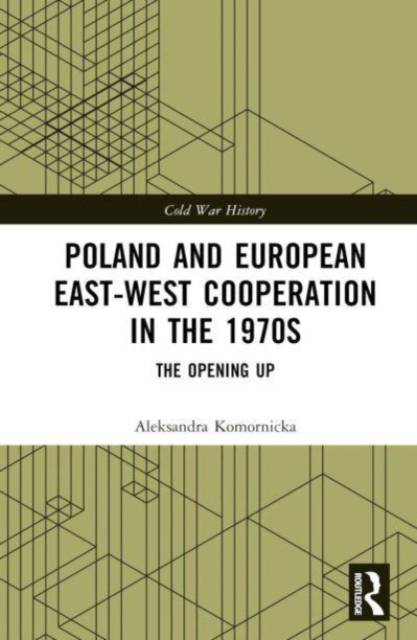
- Afhalen na 1 uur in een winkel met voorraad
- In januari gratis thuislevering in België
- Ruim aanbod met 7 miljoen producten
- Afhalen na 1 uur in een winkel met voorraad
- In januari gratis thuislevering in België
- Ruim aanbod met 7 miljoen producten
Omschrijving
This book offers an international reading of the Polish socialist regime's history in the 1970s, and its opening up to the West.
It bridges Poland's socialist domestic history with critical developments of the global and European 1970s, including détente in the Cold War, western European integration, and globalisation. In this period of international transformations, socialist Poland under Edward Gierek's leadership multiplied its economic and political contacts with capitalist countries, especially western Europe, and became a leader of East-West cooperation among Council for Mutual Economic Assistance and Warsaw Pact members. Relying on sources from public and corporate archives in five different European states, the book demonstrates both that the global political and economic transformations of that period were critical for the decision-making process in Poland and, moreover, that the national socialist elites participated in shaping these transformations. By looking at the goals and expectations of the Polish socialist elites and their practices of political and economic exchanges with western Europe, the book explains the logic which drove the socialist regime into entanglement with the West. As is shown here, this entanglement proved inextricable and critical for the socialist regime's failure and Poland's political and economic future.
This book will be of much interest to students of European history, cold war studies, socialism studies and International Relations.
Specificaties
Betrokkenen
- Auteur(s):
- Uitgeverij:
Inhoud
- Aantal bladzijden:
- 232
- Taal:
- Engels
- Reeks:
Eigenschappen
- Productcode (EAN):
- 9781032392165
- Verschijningsdatum:
- 20/09/2023
- Uitvoering:
- Hardcover
- Formaat:
- Genaaid
- Afmetingen:
- 156 mm x 234 mm
- Gewicht:
- 526 g

Alleen bij Standaard Boekhandel
Beoordelingen
We publiceren alleen reviews die voldoen aan de voorwaarden voor reviews. Bekijk onze voorwaarden voor reviews.









